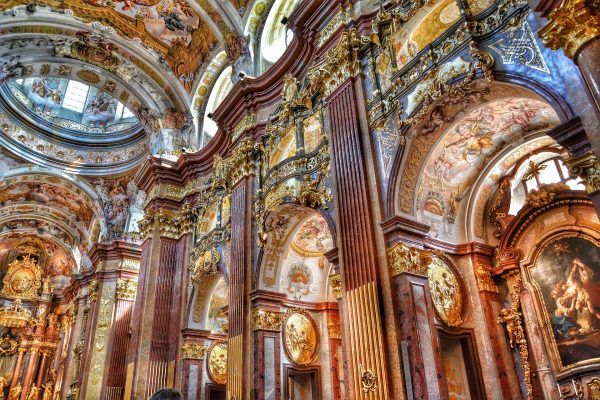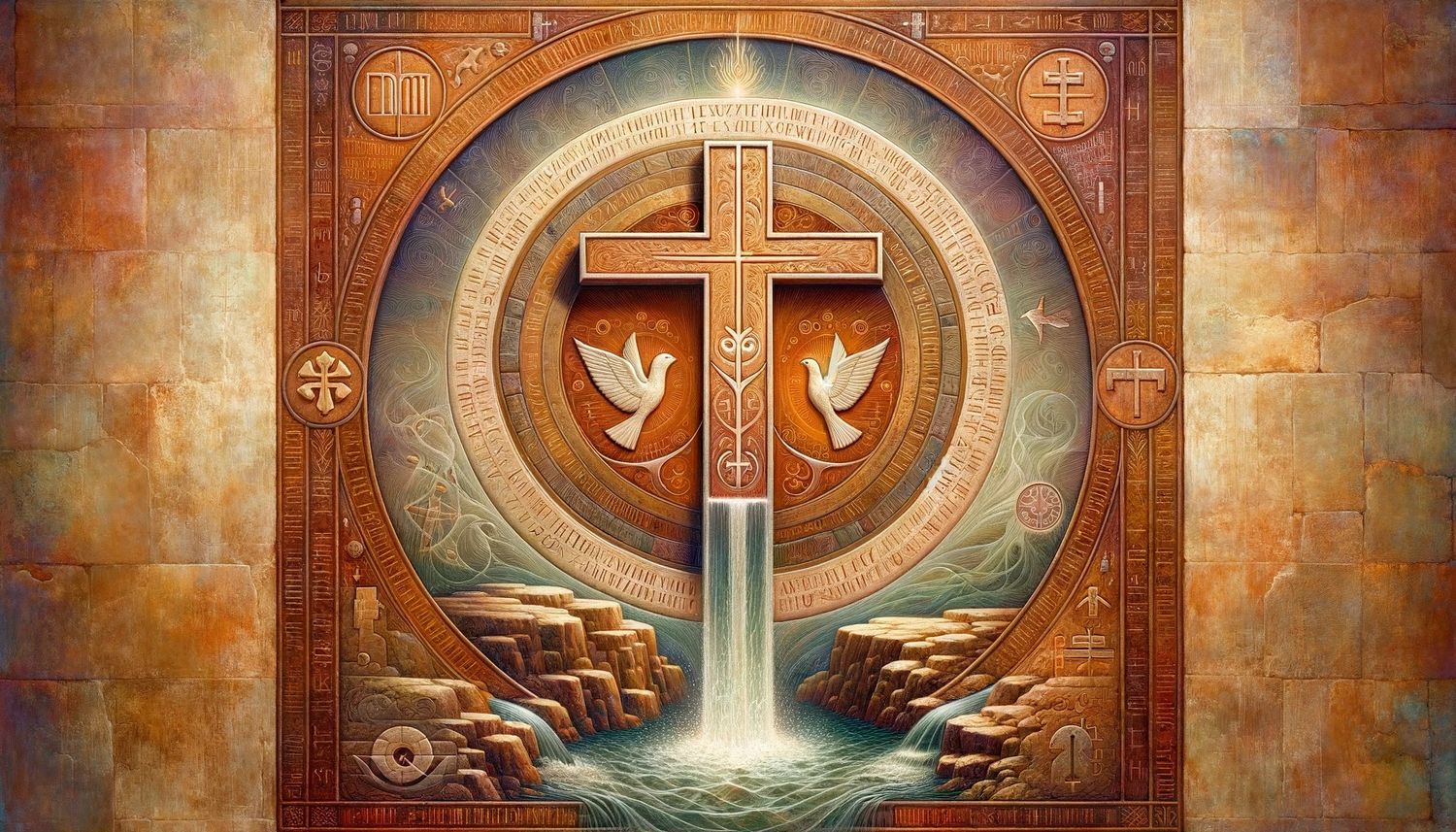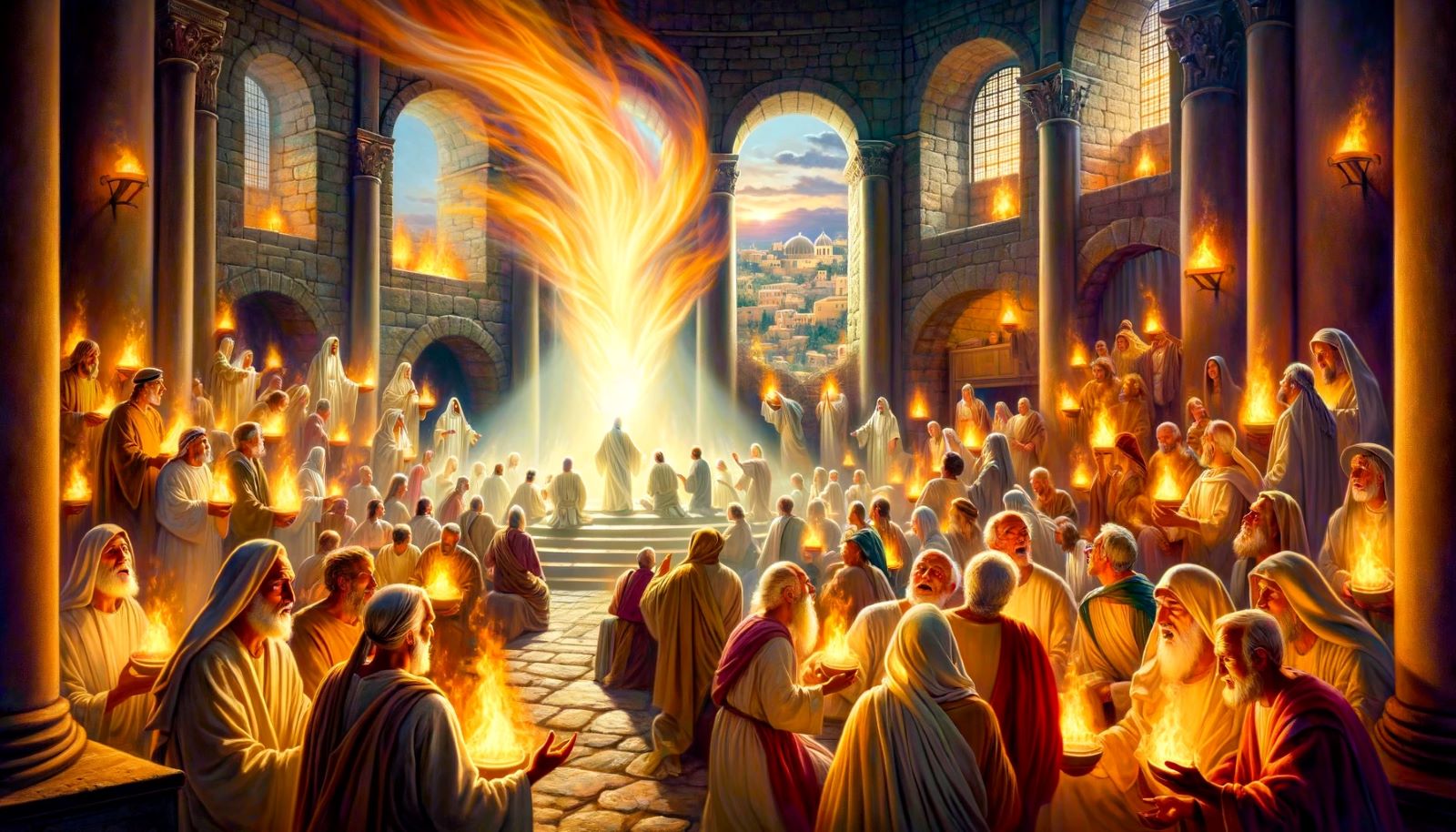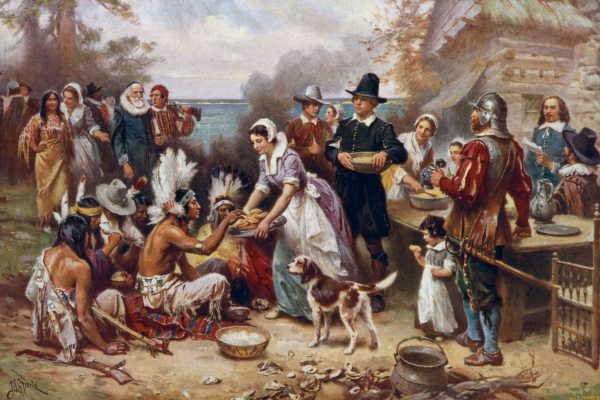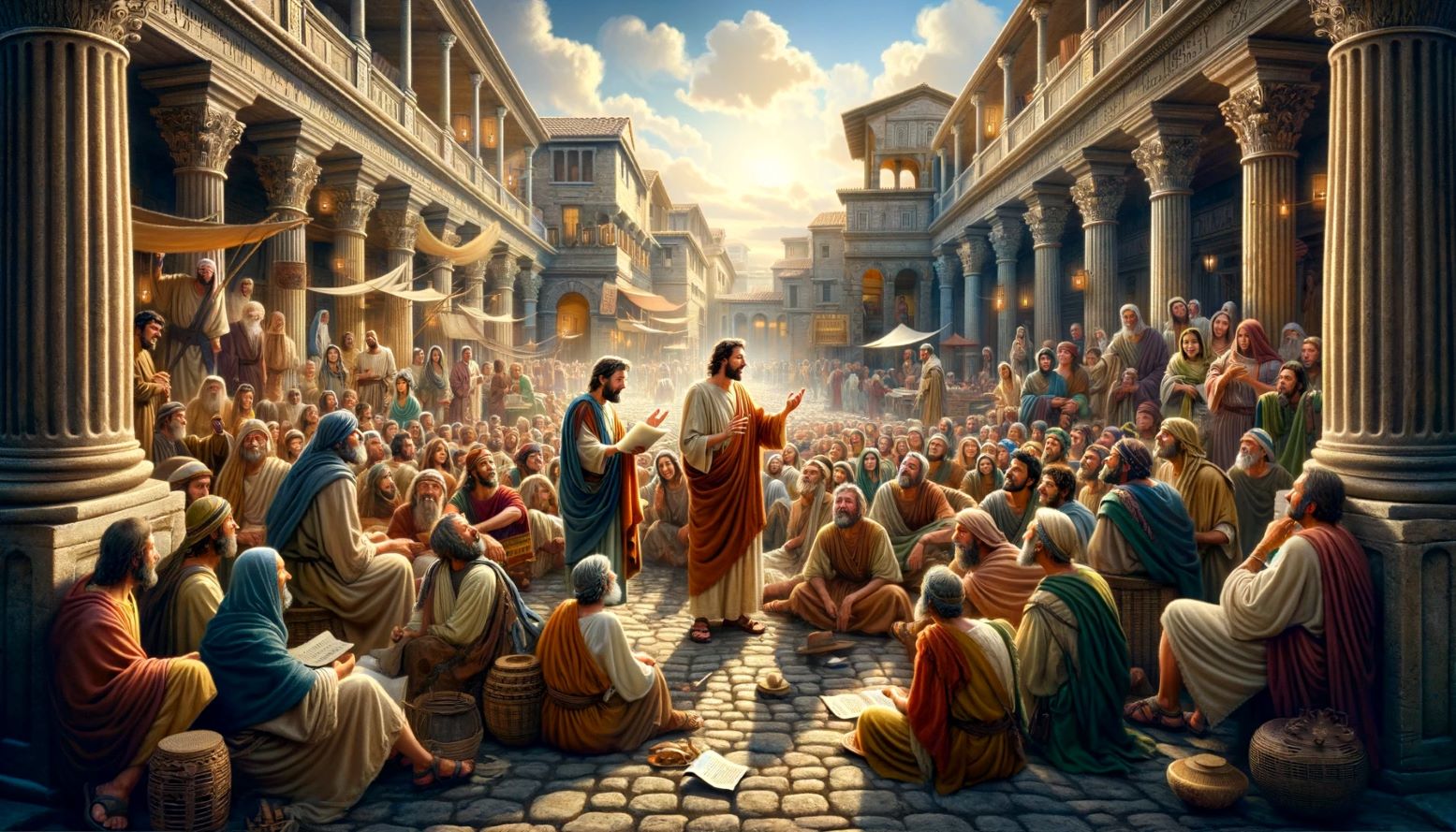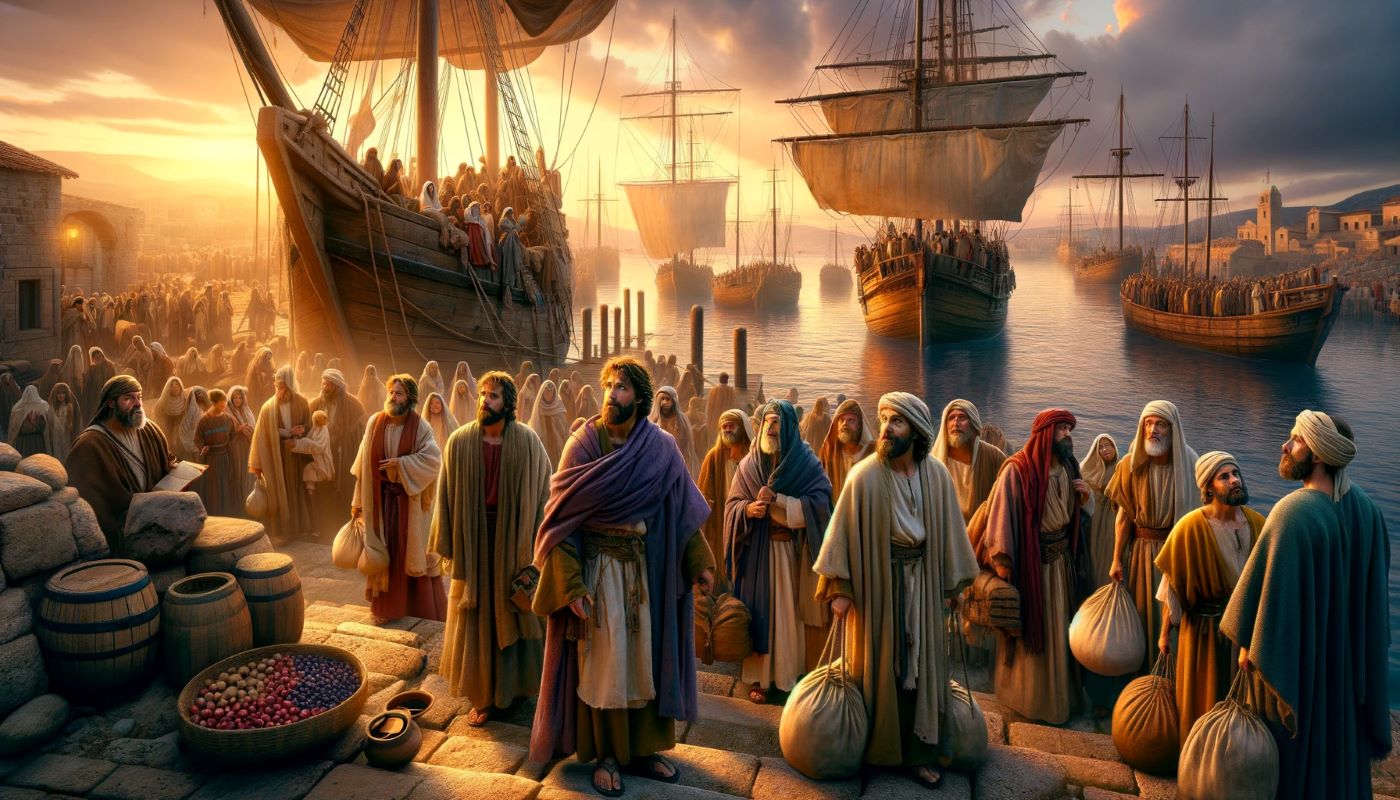Home>Christian Resources>Guide to The Early Church History Documents


Christian Resources
Guide to The Early Church History Documents
Modified: January 9, 2024
Peter Smith, Editorial Director at Christian.net, combines deep insights into faith, politics, and culture to lead content creation that resonates widely. Awarded for his contributions to religious discourse, he previously headed a major organization for religious communicators, enhancing dialogue on faith's societal impacts.
From the Ante-Nicene Fathers, Nicene & Post-Nicene Fathers of early church history, we give internet-accessible canonical documents, creeds, & resources.
(Many of the links in this article redirect to a specific reviewed product. Your purchase of these products through affiliate links helps to generate commission for Christian.net, at no extra cost. Learn more)
 Guide to Early Church Documents
Guide to Early Church Documents
This hypertext document contains pointers to Internet-accessible files relating to the early church, including canonical documents, creeds, the writings of the Apostolic Fathers and other historical texts relevant to church history.The latest version of this document is located at: https://christian.net/pub/resources/christian-history.html. Additional resources or corrections should be directed to the document maintainers at njb@iclnet.org. Include CHISTORY as the subject.
Contents
- 1. New Testament Canonical Information
- 2. Writings of the Apostolic Fathers
- 3. Patristic Texts
- 4. Creeds and Canons
- 5. Later Documents
- 6. Related Documents
- 7. Miscellaneous Texts
- 8. Relevant Internet Sites
1. New Testament Canonical Information
2. The Apostolic Fathers
- 1st Epistle of Clement to the Corinthians [ca 96]: A formal letter written on behalf of the Roman Christian community urging Christians who had been rebelling against church authority to be submissive and obedient. Tradition attributes it to Clement, allegedly one of the first bishops of Rome.
- 2nd Epistle of Clement to the Corinthians [ca 150]: Sermon thought not to be the writing of Clement himself. Advocates sound view of Christ, the resurrection, and holiness unto God. Enter into battle against the ways of this world, work out salvation through strength in Christ.
- The Epistle of Barnabas [ca 130]: This letter, probably not authored by the NT Barnabas, repudiates the claims of Jewish Christians at the time who advocated adhering to observance of the Mosiac Law. Argued that Christ provided salvation and man is no longer bound by the Law. Compares holy life to unrighteousness.
- Didache (Teaching of the Lord through the Apostles): Eleventh century MS discovered by Philotheus Bryennios. The Didache consists of various parts, starting with the “Two Ways” ethical instruction (see Barn 18-21) and including community rules for liturgical practices and leadership conduct, before ending with a short apocalyptic section. While some of the material might go back before the year 100, the current form of the document is probably mid-second century at earliest.
- The Shepherd of Hermas [ca. 150]: Written by Hermas, who is believed to be brother of Pius, the Bishop of Rome. The Shepherd of Hermas is an apocalyptic document (in the sense that it claims to be revealed), modelled after the Book of Revelation. It deals with practical matters of church purity and discipline in second century Rome.
- The Epistle of Polycarp to the Philippians [ca 130?]: Polycarp was a church leader (bishop) in Smyrna, Asia Minor. Exhorted the Philippians to holy living, good works, steadfast faith. Interested in ministry and practical aspects of daily life of Christians.
- The Martyrdom of Polycarp: The earliest preserved Christian martyrology, probably from the latter part of the second century (not too long after the event). Records the tradition of the trial and execution (burned at the stake) of Polycarp.
- The Writings of Ignatius: Bishop of Antioch in Syria [ca 1-2 century] martyred in Rome by beasts (ca 105-116). On his way to Rome, he visits and then writes to various churches, warning and exhorting them. He also writes ahead to Rome, and writes to Polycarp, bishop of Smyrna. Warned the church against heresies that threatened peace and unity, opposed Gnosticism and Docetism. In the Epistle to Smyrna, insisted Christ came in the flesh not just in spirit.
3. Patristic Texts
- The Epistle of Mathetes (Believer/Disciple) to Diognetus: This Apologetic treatise? written perhaps ca 200, presents a rational defense of Christianity and shows the folly of idolatry. The document also discusses Christian influence in the world.
- Origen (ca AD 185-254):
- Origen’s Commentary on the Gospel of John. Commentary from the Philadelphia Seminar on Christian Origins.
- Origen’s Contra Celsum Book 1 Book 2 Book 3 Book 4 Book 5 Book 6 Book 7 Book 8. Commentary from the Philadelphia Seminar on Christian Origins.
- The Writings of Tertullian: Our earliest extensively preserved Latin Christian author [140-230], who aligned himself around 207 with the “Montanist” Christian movement that was considered “heretical” by the representatives of emerging mainstream Christianity.
- The Apparel of Women (AD 197)
- To the Martyrs (AD 197)
- Spectacles (AD 197)
- Prayer (AD 200)
- Patience (AD 203)
- The Writings of Cyprian: Cyprian [200-258] was the Overseer of the church in Carthage, Northa Africa, during a period of fierce persecution. After many years of persecution during which the church existed underground he was captured and executed by the Romans.
- Athanasius: On the Incarnation. Athanasius [270-336] was the overseer of Alexandria after the death of Alexander. He worte several theological treatises and was the chief defender of the Nicene Creed.
-
- City of God
- Confessions (translated by A.C. Outler)
- Confessions (translated by E.B.Pusey)
- Enchiridion (translated by A.C. Outler)
- Dialectica (trans. J.Marchand)
- Augustine on the Internet (James O’Donnell)
- Papers by James J. O’Donnell on Augustine
- Papers by participants in O’Donnell’s Augustine Seminar, UPenn
- Augustine (IPB-e’s Augustine archive includes Confessions, The Enchiridion, and On Christian Doctrine)The Writings of Augustine: Augustine [354-430] was Overseer of the church at Hippo, North Africa, and is considered by many to be the father of western theology. Unlike earlier Christian writers, Augustine was not well-versed in the Greek Language. Thus, he did not use the Greek NT or the original texts of the early Christian writers as his sources but rather the Latin Vulgate and Latin translations of Greek texts
4. Creeds And Canons
- Creeds from the Bible (Statements of Faith)
- Important Creeds of Christendom, from Reasoning with the Scripture Ministries
- The Apostles Creed
- Notes on the Apostles Creed
- A version Biblical proofs for the Apostolic Creed, prepared by Steve Rindahl.
- Nicene Creed: As approved by the Nicaean council (325 AD)
- Nicene Creed: the Creed of Constantinople (381 AD)
- Notes on the Nicene Creed
- Notes on the Filioque Clause Controversy
- The Church in the Nicene Creed
- In The Divine Liturgy of St John Chrysostom
- The Definition of Chalcedon (451 AD)
- The Athanasian Creed (c 500 AD)
- Canons of the Council of Orange (529 AD)
- Anathemas of the 2nd Council of Constantinople (533 AD)
- Creeds and Statements from the period after 600 AD
- Statement from the 3rd Council of Constantinople (681 AD)
- Statement from the Synod of Constantinople (753 AD)
- Confession from the Council of Nicea (787 AD)
5. Later Text
- The Summa Theologica [1265/1266-1273] (translated by Fathers of the English Dominican): Aquinas’ classical exposition of the theology of the Roman Catholic Church. Aquinas is known for his development of a systematic theology based on reason and faith.
- (Gregory of Nyssa) [ca 330-395] One of the Cappadocian Fathers. Deposed by Arian bishops in 376 because he supported the Nicene faith, but he regained his position win 378. His style was devotional and he tended toward spiritualizing.
6. Related Documents
-
- Chronology Files from Paul Harvey
- A Table of Canons of the Bible (Paul Harvey)
- Lost Books of Early Christianity (R. Kraft)
7. Miscellaneous Documents
- Herodotus’ (The History of Herodotus) [ca 440 BC]
- Thucydides’ History Of The Peloponnesian War [ca 431 BC]
- Biblical Resource Page: Philo of Alexandria [ca. 20-15 BC to 45-50 AD]
- Plato’s Republic [ca 360 – 380 BC]
- Plato’s Apology [ca 399 BC]
- Plutarch’s Writings [ca 75 AD]
- Plotinus’ Writings (The Six Enneads) [ca 250 AD]
- Guide to Latin Texts on the Internet
Read more: What Was Communion Like In The Early Church
8. Relevant Internet Sites
-
- The Ecole Initiative Building a Hypertext Encyclopedia of Early Church History.
-
- The Church Fathers page, Wesley Center for Applied Theology, Northwest Nazarene College.
-
- The Early Church Fathers collection at the Christian Classics Ethereal Library, Wheaton College.
-
- The Internet Medieval Sourcebook, a comprehensive project that includes Readings in Medieval History, Full Texts for Readings, etc.
-
- The Christian History Institute provides an ample archive of Church History documents for all periods of history in its Glimpses archive. Particularly germaine are two sections on Early Church History that include: Foundations of Our Faith, Whatever Happened to the Twelve Apostles?, The Spread of the Early Church, Accusation, The Canon, and biographical information on Polycarp, Constantine, Clement of Rome, Justin Martyr, Blandina, Irenaeus, Tertullian, Origen, Jerome.
This document copyright © 1994-1999 by John Brubaker and Gary Bogart. Reproduction and/or distribution for non-commercial purposes is permissible providing that the guide is left fully intact. Please do not modify this document in any way without prior written consent. Send additions or corrections to the compilers at the address noted in the introduction. The authors wish to express their thanks to Professor James O’Donnell at the University of Pennsylvania for graciously proofreading the original edition of this document, and for offering invaluable information by his critique.
Revised dc/18-Feb.-2016
Celebrate your next religious event on a Custom Vinyl Banner Lots of FREE Clipart to use!
With extensive research, SingaporeFastCashPersonalLoan.com has came up with the best resource for the Top 10 Personal Loan Money Lenders in Singapore offering the lowest interest rates.
